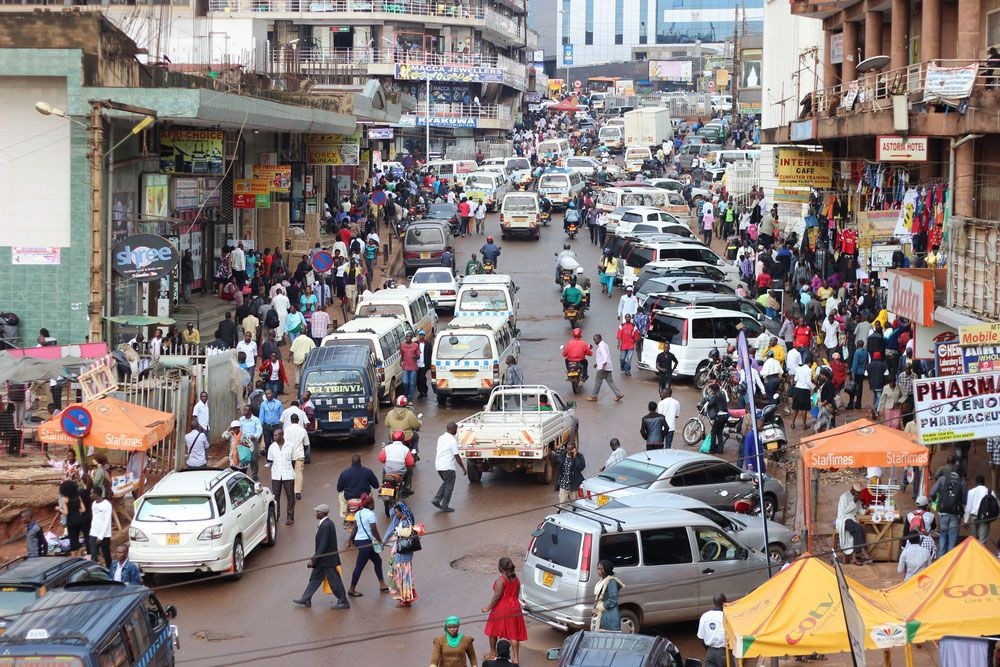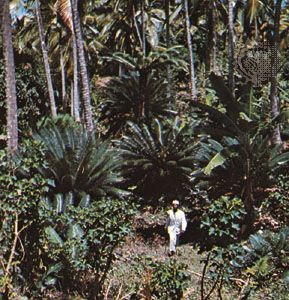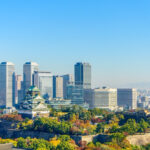Uganda, often referred to as the “Pearl of Africa,” is a captivating country known for its diverse landscapes and vibrant culture. But Where Is Uganda exactly? Nestled in the heart of East-Central Africa, Uganda is a landlocked nation that boasts an incredible array of ecosystems, from towering mountains to lush rainforests.
 Kampala, Uganda's Capital City
Kampala, Uganda's Capital City
Geographically, Uganda occupies a strategic position in East Africa. It shares borders with several countries: South Sudan to the north, Kenya to the east, Tanzania to the south, Rwanda to the southwest, and the Democratic Republic of Congo to the west. Despite being landlocked, Uganda is far from isolated. It serves as a vital link connecting various East African communities and beyond. To give a sense of its size, Uganda is approximately the same size as Great Britain, showcasing a considerable landmass packed with geographical diversity.
Within Uganda’s boundaries lies a tapestry of cultures and ethnicities. Dozens of ethnic groups call Uganda home, contributing to a rich and varied society. While this diversity is significant, unifying elements like the English language and Christianity play a crucial role in bringing people together. Swahili, another important language, further connects Uganda to its East African neighbors, Kenya and Tanzania, fostering regional unity and communication. Kampala, the bustling capital city, epitomizes this cosmopolitan blend, a verdant urban center adorned with parks and gardens, beautifully situated on the shores of Lake Victoria, Africa’s largest freshwater lake.
 Botanical Gardens in Entebbe, Uganda
Botanical Gardens in Entebbe, Uganda
Uganda’s allure extends beyond its location to its captivating environment and history. Winston Churchill famously described Uganda as “the pearl of Africa,” recognizing its enchanting ecosystems. From the volcanic mountains gracing its eastern and western borders to the dense swamps feeding the Albert Nile River and the central plateau’s rainforests, Uganda presents a remarkable range of natural wonders. This fertile land has also made Ugandan coffee a globally recognized commodity, underpinning the agricultural economy and delighting coffee lovers worldwide.
Historically, Uganda gained independence in 1962, inheriting borders drawn during the colonial era. This legacy contributed to internal political complexities. Despite facing challenges, including political strife and health crises, Uganda has shown resilience. In the 21st century, it has emerged as a politically stable nation with a growing economy, demonstrating significant progress and solidifying its place as a key player in East Africa. Knowing where Uganda is geographically only begins to uncover the depth and richness of this remarkable African nation.

